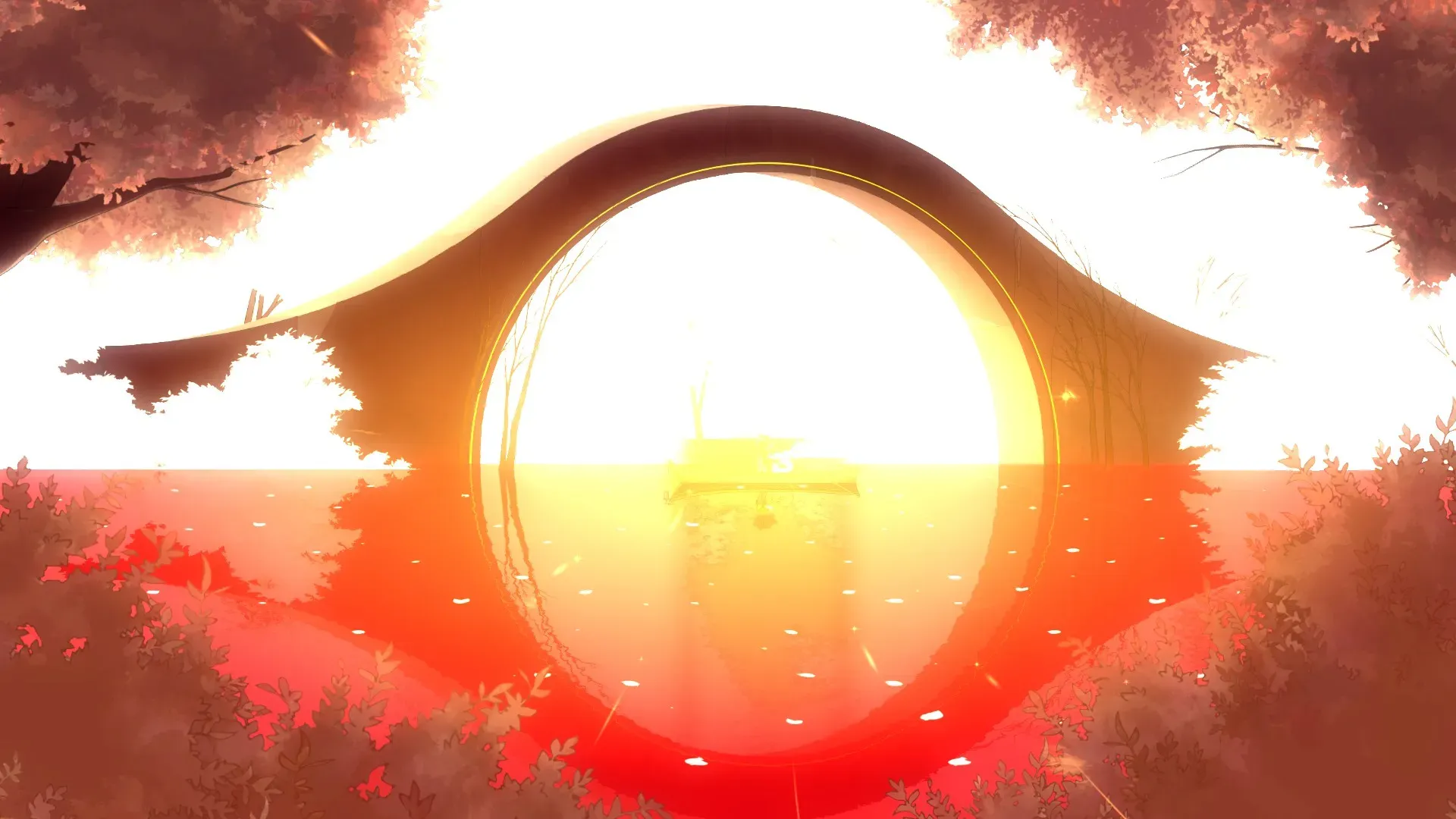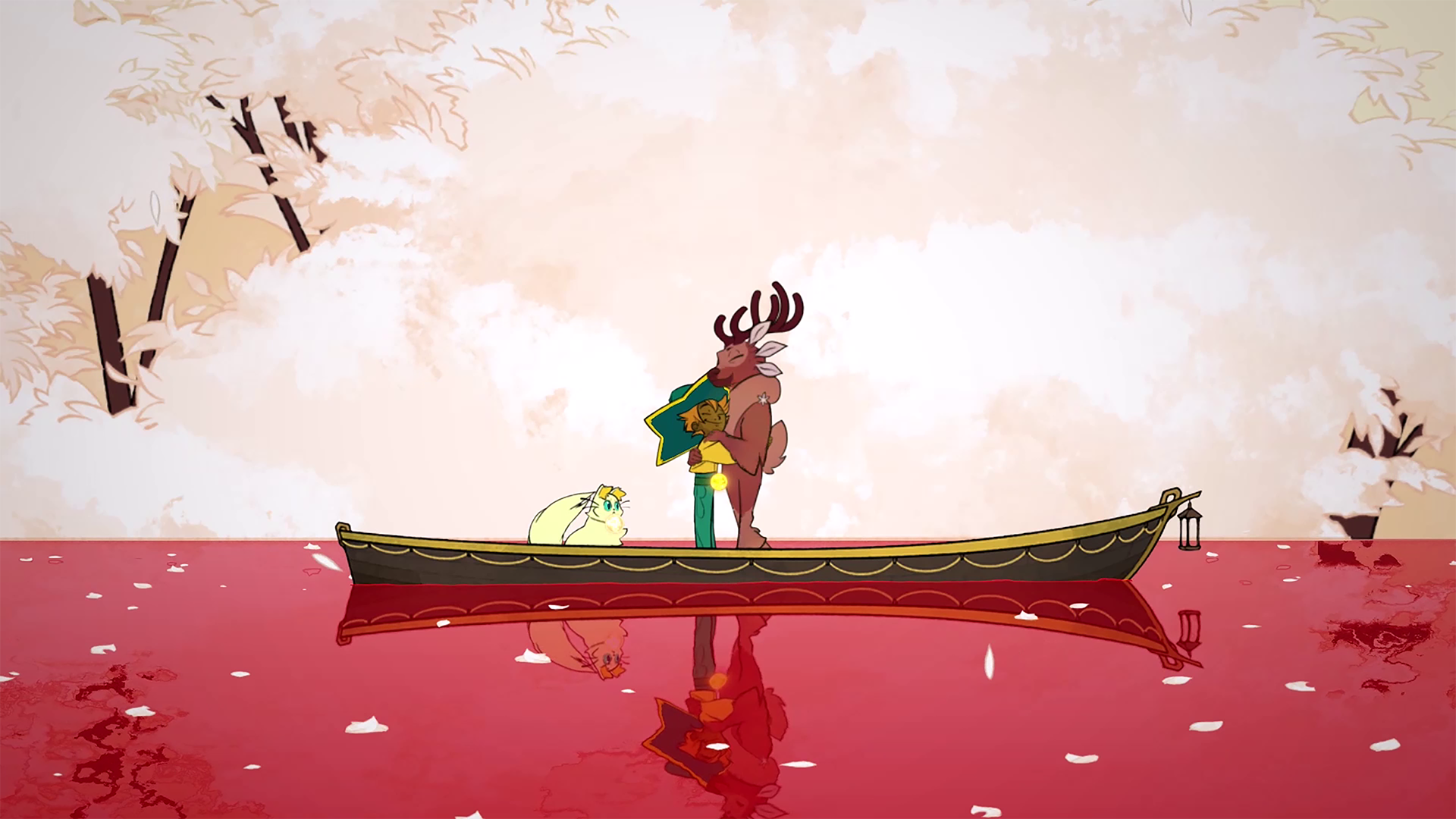Spiritfarer: I Haven't Learned to Say Goodbye
A game that is a tender exploration of death and dying

Death is as inevitable in games as it is in life. Players die and respawn, NPCs are freely mowed down, while vampires and zombies defy death. Mythologies surrounding death feed world-building and character creation, from Hades, the eponymous Greek god of death in the rogue-like dungeon-crawler, to novel stories like the clock-punching Crow that reaps souls in the action-adventure Death’s Door. Perhaps the inevitability of death is what pushes its sobering finality to the backs of our minds - the last thing we think about even while playing a death-themed game.
Spiritfarer is a game that turns that perspective around, gently asking the hard questions: How do you deal when death comes for you or a loved one? Can you resolve lost dreams or broken relationships before the last great journey? While handling such weighty philosophical considerations, Spiritfarer still succeeds at being a cozy management game.

Stella is the new Spiritfarer taking over Charon’s job of ferrying souls into the world of the dead. Accompanied by her cat Daffodil (who can be played by a second player), Stella captains a boat that serves as the spirits’ temporary home. As the Spiritfarer, Stella travels and encounters many other spirits that are at the beginning of their journey into the world of the dead. Every spirit that boards Stella’s ship pays her an obol, following the myth of Charon in Greek mythology, who is also paid for passage into the underworld.
The management aspect of the game lies in caring for the spirits, which involves gathering resources to build homes for them, feed them, and improve their moods when they’re down. Resource gathering and management is very forgiving in Spiritfarer. The regular rhythm of days and nights filled with gardening, cooking, fishing, and meeting new people is comforting. At the same time, these activities that sustain life grow increasingly poignant because everyone on this ship is headed in one inescapable direction. I found myself constantly see-sawing between enjoying the coziness of doing ordinary things like shopping, and questioning the meaning of it all.
All the spirits manifest as animals; the first spirit on the boat is Stella’s childhood friend Gwen, a deer with a haughty demeanor that belies her desire for friendship, and reconciliation with her distant father. During their tenure on the boat, each spirit talks to Stella about unresolved issues and feelings from their lives, which become tasks for her to complete. There are also mini resource-gathering games associated with each spirit that are typically triggered by traveling to specific map locations.
Once all of a spirit’s requests are resolved, Stella can then take them to the Everdoor where they pass on into the great beyond. The Everdoor is a semi-circular bridge set in a body of water. When a spirit leaves for the afterlife, a beam of light traces the shape of the bridge and its reflection in the water, completing a circle - a remarkably effective visual metaphor for transitioning from one plane of existence to another.

Only the living can contemplate death and dying. Yet I find conversations about death difficult to have not only because of the emotional weight involved but also in large part because it seems to be a taboo subject of discussion. Spiritfarer characters are inspired by real people dear to the Thunder Lotus Games team that developed the game, and the end credits touchingly acknowledge the names of those who have passed. The way Spiritfarer treats death by couching it in a cozy environment and giving it the gravity it deserves without being overly dramatic, inspired me to investigate other similar video games and subsequently, death positivity, which encourages open discussion of death and dying. In this way, Spiritfarer does what I think video games can do best: creating spaces for people to explore challenging experiences and simulate emotional journeys in a healthy environment.
